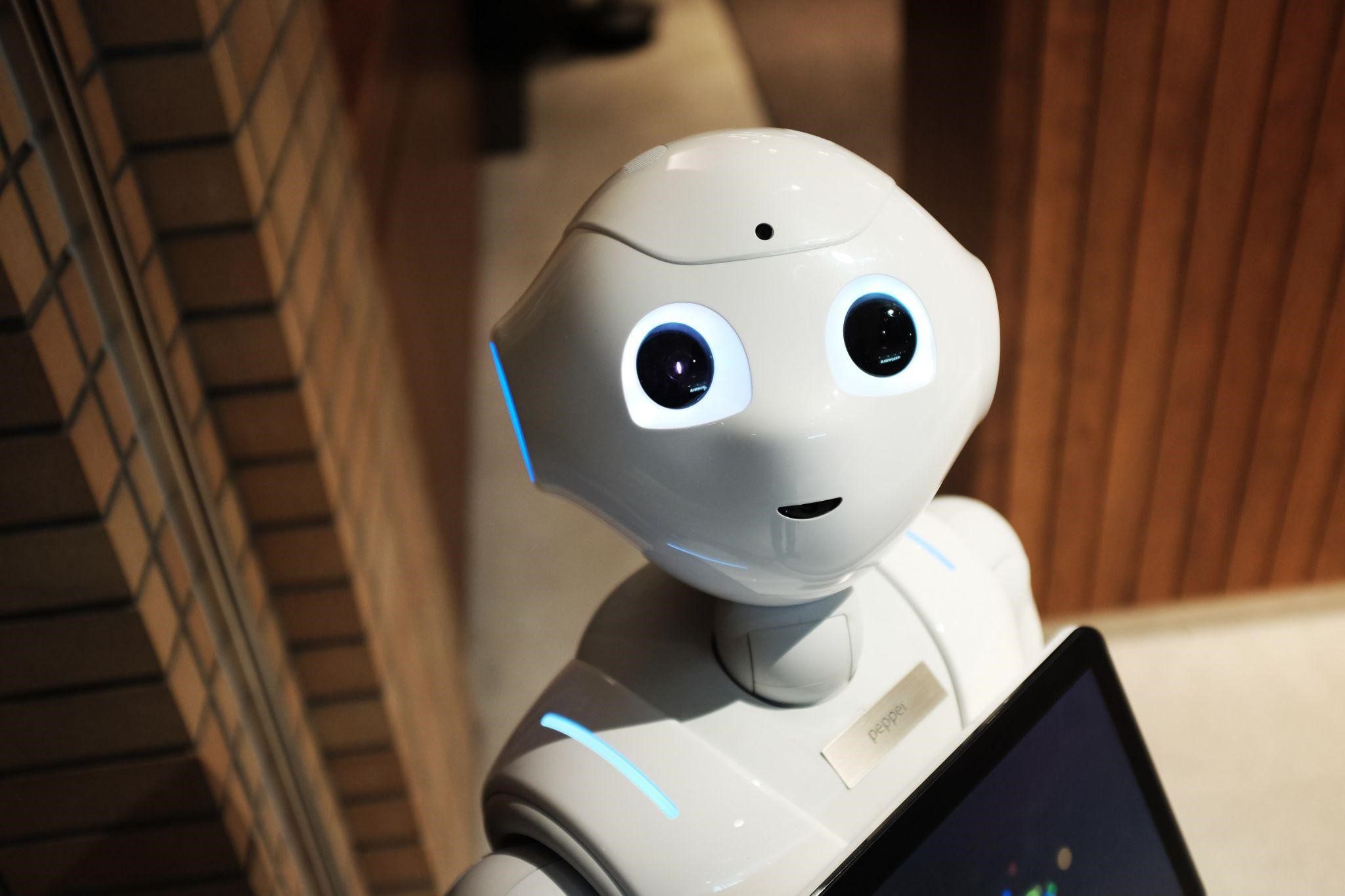
During every Industrial Revolution, people feared their jobs becoming obsolete. There have been three Industrial Revolutions in our history, and major job losses have occurred in each one as a result.
However, with the advent of every revolution, new jobs have emerged that we could never have predicted. In this article, we’ll discuss these revolutions briefly and then focus on the fourth Industrial Revolution (the Cyber-Physical Revolution or 4IR) that will change the job market yet again. We’ll also discuss some of the jobs that will become obsolete. Lastly, we’ll delve deeper into the benefits for market researchers and businesses in the 4IR era using AI with a web scraping API.

The Four Industrial Revolutions
Let’s briefly explore the four Industrial Revolutions and their impact on jobs.
1. Mechanization, Water Power, and Steam Power (18th to 19th Centuries)
The First Industrial Revolution took place in North America and Europe. Rural and agricultural societies became urban and industrial. The textile and iron industries, the steam engine, and the development of the water wheel played a central role during this time.
Most of the impact was felt in the agricultural community, where everything was formerly done by hand. People had their land taken over and had to develop skills to get newly established jobs as ironsmiths, boiler makers, mechanics, and more.
2. Mass Production, Electricity, and Assembly Lines (1870 to 1914)
Before WWI began, extensive expansion of pre-existing and new industries occurred. Steel, electricity, and oil created mass production lines and were the major changes. Significant technological advances like the light bulb, the telephone, the phonograph, and the internal combustion engine were invented. Short-term job losses occurred, but people re-skilled themselves in other jobs. For instance, steam mechanics reskilled themselves to become electricians.
3. Computer and Automation (Began in the 1980s)
Also known as the Digital Revolution, mechanical and analogue electronic devices were replaced by digital technology. Advancements include the internet, personal computers, and communication and information technology. Many people had to reskill themselves by becoming computer literate to stay relevant in the job market. New opportunities were created in computer engineering (software, hardware, and robotics).
4. Cyber-Physical Systems (Present)
This revolution represents new ways societies and the human body become embedded with technology. Several breakthroughs have been made in Artificial Intelligence (AI), quantum computing, robotics, the Internet of Things (IoT), 3D printing, biotechnology, autonomous vehicles and planes, nanotechnology, and decentralized consensus. The fourth Industrial Revolution focuses on improving human quality of life, reducing inequalities and poverty, and raising income levels.
The Impact of Artificial Intelligence (AI) on Jobs
The World Economic Report estimates that AI will replace 85 million jobs globally. However, it’s also reported that during the process, AI will create 97 million jobs. Some of which we’re unable to predict at the moment as they’ll be completely new and determined by future developments.
Below is a quick overview of other major impacts expected on jobs.
- AI automation will replace as much as 30% of repetitive jobs.
- The world is at risk of losing 375 million jobs by 2030.
- Between 14 to 80 million jobs are at risk of being AI-automated.
- It’s estimated by the Brookings Institution that AI technology will result in 36 million people losing their jobs.
- It’s predicted by the World Economic Forum that AI will create 58 million new job opportunities.
Specific jobs that AI is expected to replace in the future:
- Market research analysts.
- Customer service executives and agents.
- Data entry and bookkeeping.
- Proofreaders.
- Receptionists.
- Pharmaceutical and manufacturing staff.
- Doctors.
- Courier service staff.
- Retail service staff.
- Taxi, train, and bus drivers.
- Security guards.
The Benefits of AI in Using a Web Scraping API
AI has the capability to learn something while it operates. The tools created through human intervention allow the AI technology to learn and adapt as it works, thereby becoming smarter with each new task it completes.
A web scraping API that leverages AI technology can complete tedious tasks and speed up data collection from thousands of websites a thousand times over. Companies like Google, IBM, Amazon, and Microsoft are already using AI in their web scraping APIs.
Using AI with your web scraping API has the following advantages:
- Maintain infrastructure and straighten proxies with fewer errors.
- An AI web scraping API increases the data extraction speed.
- An AI web scraper API can classify data in a short space of time.
- The AI allows the web scraper API to extract more data from simultaneous resources in record time, saving a lot of time and effort.
- The AI ensures that the web scraping API delivers exceptional accuracy, which helps businesses make better decisions.
Final Thoughts
As technology continues to progress at a rapid pace, the job market is evolving as well. As AI becomes more advanced, these systems are able to start replacing certain simple and repetitive tasks, which will lead to job losses in the future. However, this will also lead to the creation of new career paths. Upskilling yourself and your employees is the best way to navigate these uncertain times and ensure when new job markets are created you’re ready!